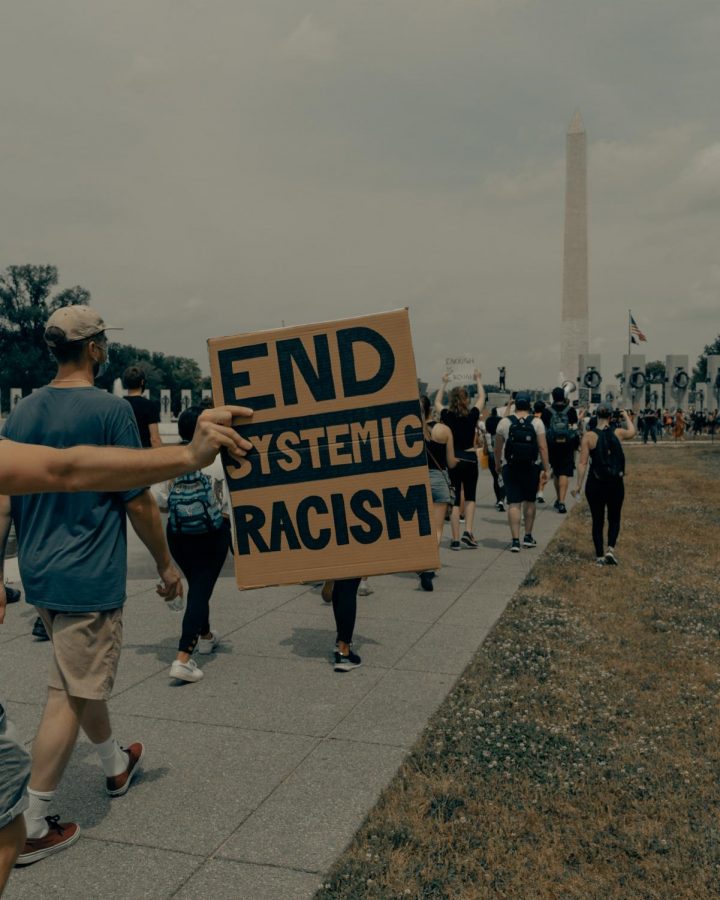Governor Gavin Newsom Signs Bill that Helps Combat Racial Disparities
October 16, 2020
Sept. 30, California Governor Gavin Newsom signed Assembly Bill 3121 into law. The bill allows the state to pay reparations of some kind to Black Californians, especially those who are descendants of slaves. The bill was signed to force California into confronting its racist history and systematic disparities that continue today.
The new law creates a nine-member task force, made up of five gubernatorial appointees and four people chosen by the state legislature. The task force will recommend appropriate remedies to the state and legislature to determine who should be eligible to receive compensation. The task force will also examine slavery in California and the United States and research the lasting consequences of discrimination against freed slaves and their descendants.
“As a nation, we can only truly thrive when every one of us has the opportunity to thrive. Our painful history of slavery has evolved into structural racism and bias built into and permeating throughout our democratic and economic institutions,” Newsom said in a news release. California is the first state to have a law that creates a committee devoted to studying possible reparations for Black Americans.
According to the law, the Governor will call the task force’s first meeting no later than June 1 2021, and the task force will be instructed to deliver recommendations for reparations no more than 12 months after the meeting.
“California has come to terms with many of its issues, but it has yet to come to terms with its role in slavery,” Assemblywoman Shirley Weber, the author of AB 3121, said in an interview with ABC News. California did enter the United States as a “free state” in 1850; however, slavery continued after the State Constitution outlawed it, and wasn’t abolished until 1865 by the thirteenth amendment.
“This is super important for California because it could prompt action to address the disadvantages that have been affecting descendants of slaves for years. This is bringing financial help for all those who’ve been affected, and I believe it is a step in the right direction,” junior Samuel Quinnild said. The law does not limit the payment to those affected by slavery, but it does require the task force to give special consideration to descendants of slaves. Reparations could come from student loan forgiveness, cash payments, public works project, or job training.
The topic of reparations has been controversial in politics since the end of the Civil War. There have been efforts made to pay reparations, but this is the first law to consider ways to attempt to fix the problems slavery created.








